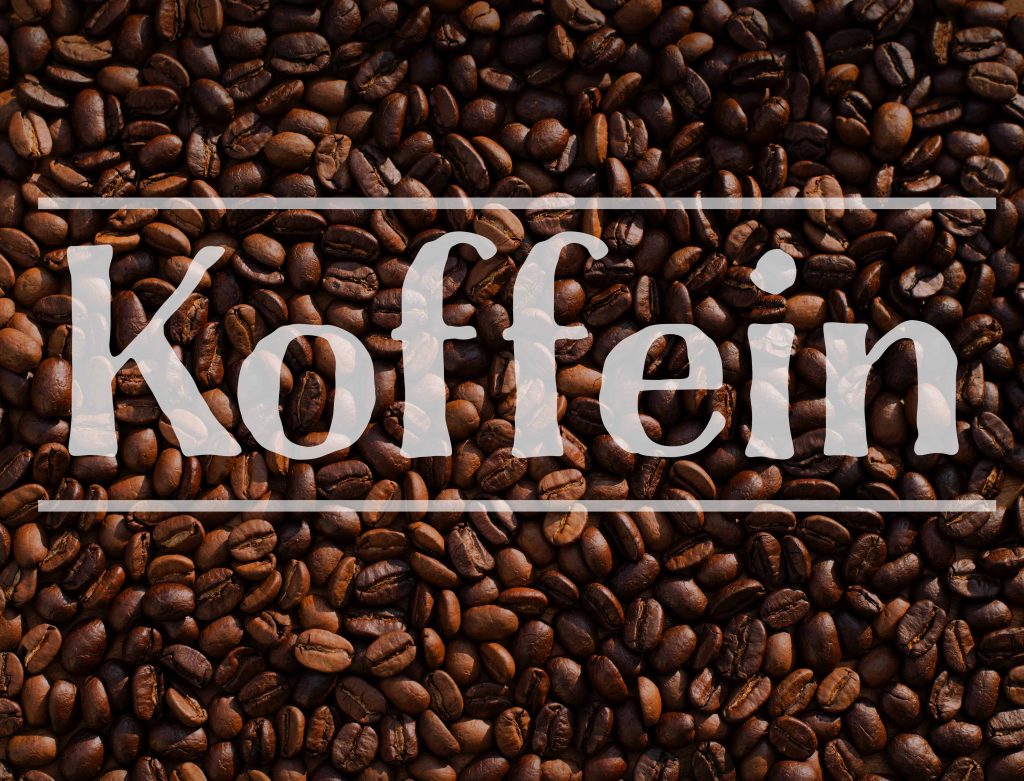The Curiosity of the German Word “Koffein” Posted by Sten on Jun 13, 2019 in Culture, Language
Do you drink Kaffee (coffee)? Whether you drink it because you like the Geschmack (taste), just out of Gewohnheit (habit) or for the Koffein (caffeine), it sure is a very popular Getränk (drink). But wait a second – Kaffee contains Koffein? What’s going on here?
Click here for previous entries in the series on curious words in German
A Curious History
So even though Kaffee is written with an a, Koffein is written with an o. English does a similar thing: While the Getränk is called “coffee”, the stimulant “caffeine”. What’s up with that difference?
Koffein was first isolated and chemically identified by German Chemiker (chemist) Friedlieb Runge in 1819. He called it Kaffebase (“coffee base”).
In 1821, together with a few others, his French colleague Pierre-Joseph Pelletier also managed to isolate caffeine. Pelletier became the first to publish the results in print, minting the French caféine. English took its word “caffeine” from this French word.
By that time, the drink was already known, of course. The English word “coffee” was derived from the Dutch koffie in the 16th century, which in turn is probably an interpretation of the Turkish kaveh and the Arabic qahwa before that. Again, because the Dutch were the first to bring coffee from the Middle East to Europe.
By the way: The Dutch refer to caffeine as Cafeïne. Again, a clear reference to the French.
That all makes sense then. But how did the Germans not end up with Kaffein? It is not related to pronunciation. Kaffein is fine to pronounce, and would also make sense alongside the word Kaffee. So what is the reason?
Well, ironically, it looks like the Germans aligned the chemical name with the English “coffee”, even though the English refer to the chemical as “caffeine”. An alternative way of writing is Coffein, after all, though Koffein is much more common. And that is how we got to a confusing, curious Koffein, even though all countries around us use a version of the French caféine.
How do you say Koffein in your country? What do you think of the decisions of the Germans to align the chemical name to the English “coffee”? Let me know in the comments below!

Build vocabulary, practice pronunciation, and more with Transparent Language Online. Available anytime, anywhere, on any device.





Comments:
Constanze:
Now I want a coffee!